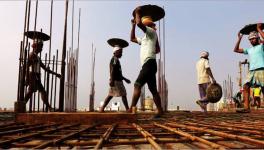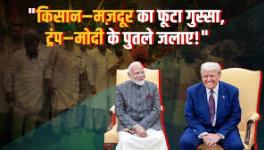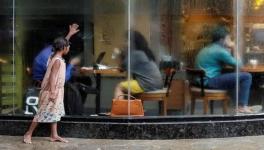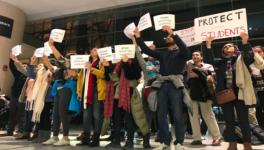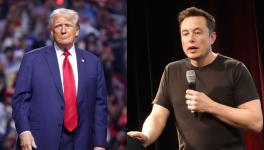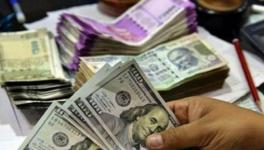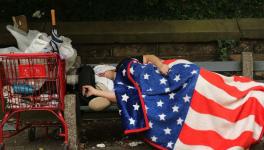Could the Fed Push US Economy into Recession?
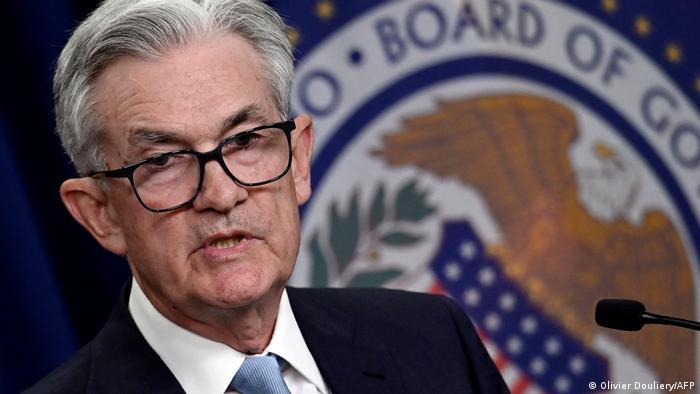
The Federal Reserve, led by Chairman Jerome Powell, has vowed to tackle inflation
Normally a central bank will tighten monetary policy when an economy overheats and will stop or slow rate hikes when it starts to cool. But, for the first time since the 1980s, the US Federal Reserve has been raising interest rates amid a slowing economy.
The Fed was late to react to soaring inflation, insisting that supply chain issues in the wake of the coronavirus pandemic were only "transitory." Though prices started rising in March 2021, the Fed only began hiking rates a year later, first by 25 basis points, then 50 and, over the past three meetings, by 75 basis points — effectively emergency moves.
It has now been 19 months since US inflation was last near the Fed's target of 2%. Food, gas and shelter costs, in particular, have risen dramatically, and in June the consumer price index (CPI ) reached 9.1%, the highest in over 40 years.
Inflation falls, Fed still hawkish
Despite signs that inflation may now have peaked — the CPI settled lower at 8.3% in August — the Fed says it will continue to hike rates until the inflation beast has been tamed.
The Fed's continued hawkish stance, and accusations that it has been behind the curve, have sparked concerns that measures could cause the US economy to fall into recession.
"The truth is, no one can be sure how clear and present a danger recession is in the US," Daragh Maher, head of research for the Americas at HSBC bank, told DW. "But, the more stubborn inflation proves, the greater the risk of recession."
Maher added that weaker growth was not an "acceptable side-effect of this inflation fight," but rather "a necessary element."
Indeed, policymakers are fearful about the prospect of stagflation: the combination of stagnant economic growth and persistently high inflation that was seen in the 1970s and early '80s.
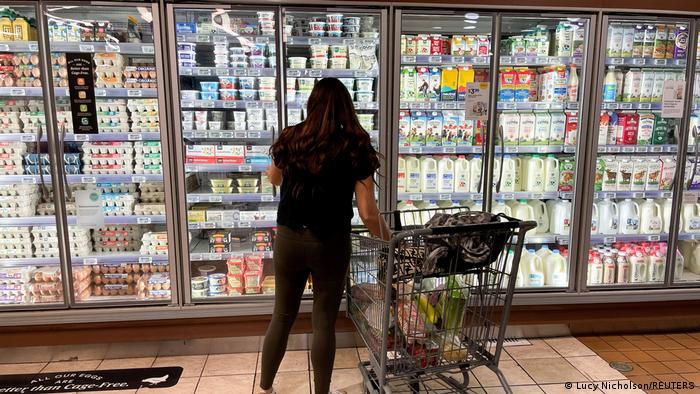
Food inflation in the United States hit 11% in August
Fed has few options
Some have questioned whether the Fed's current approach is similar to 1979, when Federal Reserve Chairman Paul Volcker crushed inflation with a series of historic rate rises but sparked a two-year recession, during which the US unemployment rate reached 10%.
Financial markets have now priced in a fourth consecutive 75-basis-point rate hike in November, with some analysts predicting more to come.
"I believe 75 is the new 25 until something breaks, and nothing has broken yet,” Bill Zox, a portfolio manager at Brandywine Global Investment Management, told Bloomberg News, adding that he believes the Fed is nowhere close to a pause or a pivot.
Could more rate hikes cause market instability?
Warnings against further rate hikes grew louder this week, first from veteran market analyst Ed Yardeni, who said tightening was a blunt tool that risked destabilizing financial markets.
"When you also have QT2 [quantitative tightening] and a soaring dollar, there are very restrictive monetary developments," Yardeni told Bloomberg News. "I think they have one more rate hike coming in November and that will be it because the financial stability issue will pop up as a primary concern."
Signs of vulnerability have already been seen in European banks such as Credit Suisse and by the run on the British pound, which forced the UK's central bank to intervene in the bond market to protect the country's pension funds.
Rate hikes in West hurt developing world
The United Nations also has also taken a stand on the issue, warning Monday that interest rate hikes by the world's wealthiest nations risk a painful global recession that would hurt developing nations the most.
The UN Conference on Trade and Development (UNCTAD) said monetary tightening by the Fed, along with the Bank of England and the European Central Bank, was an "imprudent gamble" that could backfire dangerously.
UNCTAD said the reason for high inflation was less about excess demand for goods and services and more about lingering trade issues, along with rising food and energy prices.
HSBC's Maher noted how the hawkish Fed stance has made global investors seek a safe haven in the dollar.
The US currency has strengthened against most other currencies over the past year, which has exacerbated inflation in the rest of the world as many goods, including oil, are priced in dollars.
"Excessive currency weakness can, in turn, create other pressures, for example on imports," Maher said. "A number of countries, including in Europe, have seen deteriorating trade balances" while inflation remains stubbornly high, which could mean "more rate hikes to come, even as inflation slows," he added.
Edited by: Ashutosh Pandey
Get the latest reports & analysis with people's perspective on Protests, movements & deep analytical videos, discussions of the current affairs in your Telegram app. Subscribe to NewsClick's Telegram channel & get Real-Time updates on stories, as they get published on our website.











